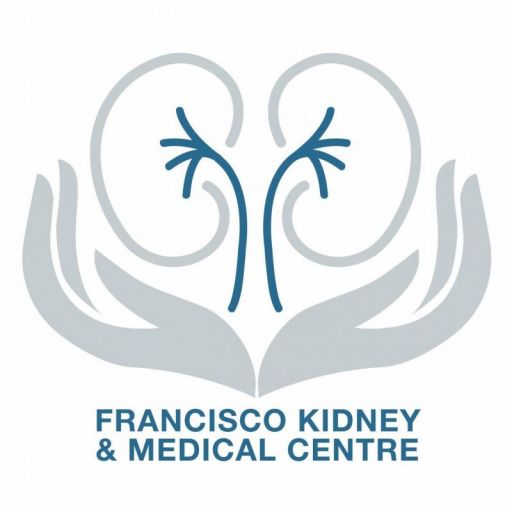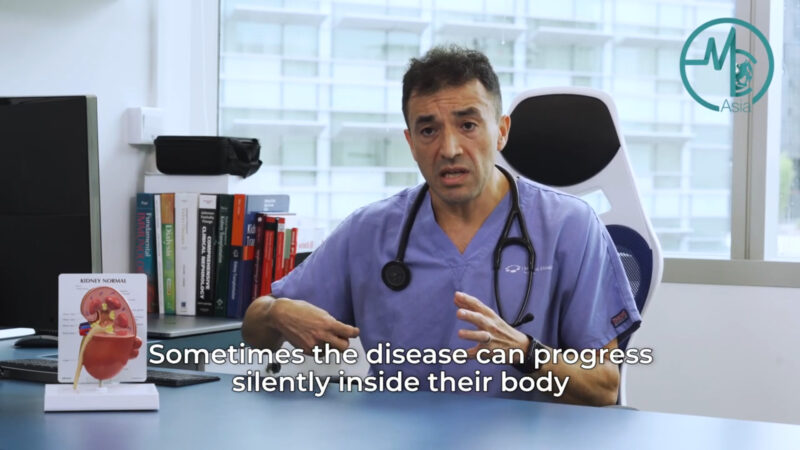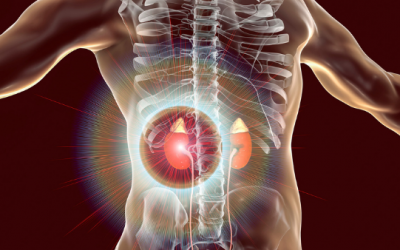Chronic Kidney Disease: What You Need to be Wary Of (Interview with Medical Channel Asia)
Video Transcript:
Excerpt: Sometimes disease can progress silently inside their body unchecked and they only discover it when it’s too late when they have already started developing symptoms of kidney failure.
Hi, I’m Dr Francisco. I’m a nephrology specialist and a transplant immunologist working at Francisco Kidney Medical Centre.
What are the functions of the kidneys?
Most people know the kidneys for cleaning the blood, or for controlling the water content in the body. The kidneys clean the blood by having some filters inside, microfilters of toxins. So inside our body, all our cells are producing by-products when they are working. Our kidneys also clean the by-products from whatever we eat, or from the medications we take; there are also by-products or toxins. So our kidneys clean them off.
Through these filters, our kidneys also can control how much water is in our body. If we drink in excess, our kidneys will pass as urine. If we are adequately hydrated, our kidneys will probably retain water. But there are other important functions of the kidney that many people don’t know, which are equally important.
The kidneys also maintain the right balance of salts and electrolytes in the blood like sodium, potassium, calcium, phosphate, magnesium, and the right acidity of the blood, which is very important for many processes and heath.
Our kidneys also participate in the prevention of anaemia by producing a hormone called erythropoietin (EPO) participating in bone health, as well as activating vitamin D to help in our immune system and other processes. The kidneys also regulate our blood pressure by producing a hormone called renin.
How common is kidney disease?
Many people think it is not very common. Other people think that is actually quite common.
The situation is that kidney disease is a spectrum of many types of diseases, but also on a spectrum of different stages of the disease. So not every patient has the same disease, and not at the same severity. So that’s why it is sometimes very difficult to talk about statistics because every disease behaves differently with different treatment, different prognosis, etc, different risks as well.
But if you just put everything together as kidney disease, it varies from country to country, could be around 10 to 15% of the population. 20% might have some degree of kidney disease. And what strikes me more is that many people don’t even know that they have it. And sometimes the disease can progress silently inside their body. And they only discover it when it’s too late when they have already started developing symptoms of kidney failure.
The most common causes of kidney problems are, you know, diabetes and high blood pressure. So it’s important to know that statistic because many patients with diabetes or high blood pressure end up also having kidney disease and some develop into kidney failure. So given that diabetes and high blood pressure are so common, we need to open our eyes, we need to manage them better. Take care of our health, so we can prevent the progression into kidney disease or the progression of that disease into kidney failure.
What are the symptoms of kidney disease?
Unfortunately, most patients with kidney disease don’t have any symptoms. So they are unaware that they have kidney disease. The symptoms only appear when the disease is quite severe, or quite advanced. Yeah, so many patients with kidney disease are detected incidentally just because they went for a medical checkup, or they have other conditions like high blood pressure, and the doctor checks on the kidneys and discovers that they were also affected.
But in many patients, because there are no symptoms, the disease just continues unchecked. And once they develop the symptoms it is sometimes a little bit too late. It is already quite advanced.
So what are the possible symptoms? For example, inflammation of the kidney, causing what we call nephrotic syndrome when the patient suddenly sees that his whole body or her whole body swells. Yeah, so there’s a lot of fluid retention, especially in the legs, the face, etc. So that one obviously will prompt them to see the doctor.
Some patients might see blood in the urine and then they go and see the doctor. It might be something mild or not, but that will prompt them to see the doctor. But for example, patients that have developed advanced kidney disease or total kidney failure because they were not aware of it, they can just suddenly feel worn out, feeling a little bit tired and lethargic, you know, feeling totally knackered with no explanation. And they might see the doctor, or start feeling nauseous, vomiting, having a poor appetite, losing weight, experiencing a lot of itching, etc.
So very unspecific symptoms. These are the symptoms of the toxins built up in your body. So, unfortunately, there is no real warning that can tell you, “Oh, you have kidney disease, early kidney disease, and you should go and see the doctor”.
There are some symptoms that are quite specific. So my recommendation is to always bear in mind that there is no harm in going for check-ups, especially if you have personal or family risk factors for diseases related to the kidneys, like high blood pressure, diabetes, or kidney disease itself. And because you know, lifestyle and diet are important risk factors for kidney disease and chronic illness. Always do your best to have good health habits.





